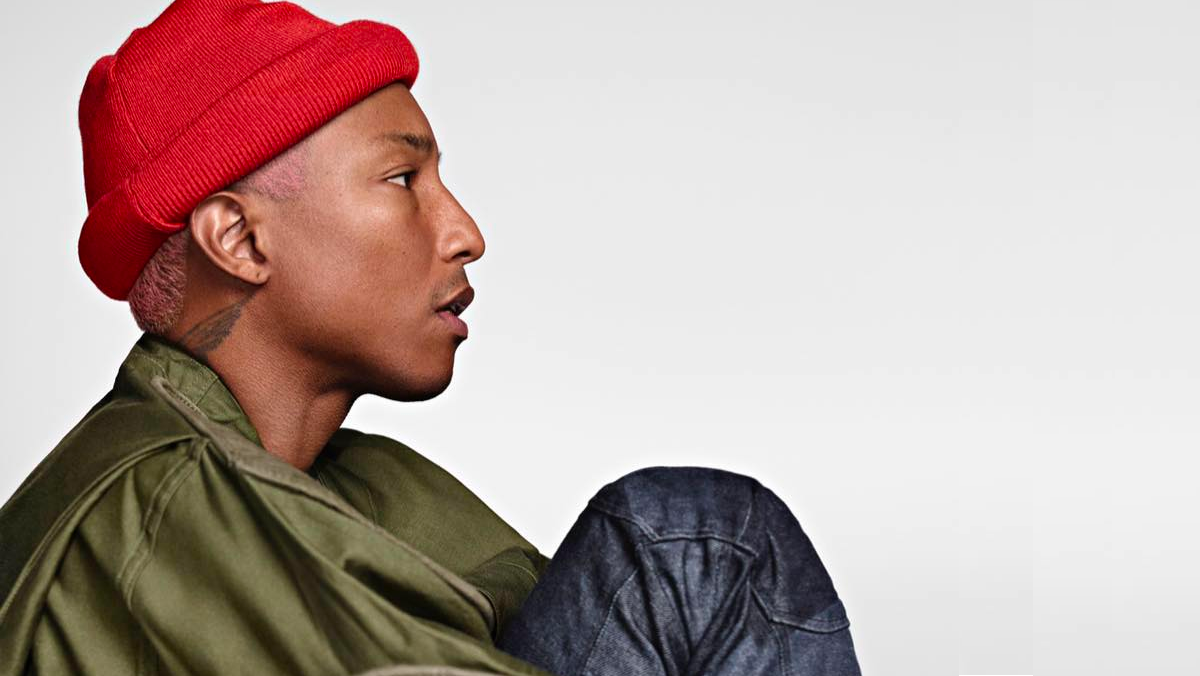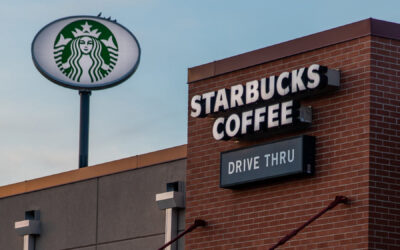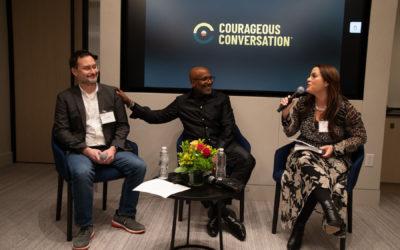By Geoff McHenry—Jan. 6 2021
I remember June 2020 like it was yesterday. Every top executive at every company in the country, looked at their black employees and asked a different version of the same question:
“What can we do to support you and people like you?”
In many cases this question was asked with sincerity.
In many cases this question was asked with the promise of an action plan ahead.
And yet, many professionals of color (myself included) found ourselves stalling and stuttering in our responses. This happened for two reasons, and a few others I’m sure I’m not thinking of.
One reason was pretty straight forward…
Throughout the duration of our careers no one had ever asked us a question like this before, so we had no clue how to answer it. We were never yielded the power to determine our own destiny.
The second reason is a bit more complex…
And shines a light on a powerful truth that is often not discussed.
People of color have never had the privilege to think about our ideal future.
We’ve never been given the freedom to fantasize about what the world could look like if it truly supported and uplifted people that look like us.
Or more simply put…black people were never given the space to imagine.
Generationally we have been taught to hold on to the good things that life has afforded us, because these are examples of how we have defeated the odds. “Holding on to a good job” was parental advice based on generational anxiety that if your ambitions reach beyond guaranteed accomplishment that you may fall flat on your face.
Furthermore, in many cases black culture was built on the bedrock of taking limited resources in order to create new inventions. Chitlins were the parts of the pig left to slaves, and for a time became one of the featured facets of Southern cuisine. While the South Bronx was experiencing some of its worst levels of poverty and urban decay, we transformed 1520 Sedgwick Ave into the birthplace of the biggest genre of music in the world.
We should be proud of what we’ve accomplished.
But also understand that society would rather see us operate with a survival mentality opposed to a dreamers mindset.
Dreamers reimagine what the world could look like and challenge the status quo. Survivors make the most of what they have.
History has shown us what culture looks like when it’s fueled by black creators.
Now imagine what the world looks like when it’s constructed by black innovators.
The word innovator gets a bad wrap, mainly because it has a narrow definition.
When we think of innovators our mind automatically goes to the people who “think different” or are labeled as the “crazy ones.”
The ones who have the resources to build bulletproof trucks or have the runway to raise billions of dollars building the “future of content.”
Many of these minds are brilliant and talented indeed.
But we need to widen the definition of who we consider an innovator. Because innovators have the broadest canvas to imagine new possibilities.
At its simplest an innovator is a person who introduces new methods, ideas, or products.
So in my summation there are a plethora of brilliant black minds that can be seen as some of the world’s greatest innovators.
Miles Davis was one of the greatest innovators of jazz.
Rihanna is one of the greatest innovators in business.
Dave Chappelle is one of the greatest innovators of comedy.
Michaela Coel is one of the greatest innovators of storytelling.
So why is it that when it comes to the ideas that will shape our future we often revert back to the same sources?
Imaginative freedom has been afforded to those with the closest proximity to power, and we need to create the infrastructure for black minds to have the same level of intellectual opportunity.
Read more on Medium.




